
There’s a historic place in the corner of Calgary’s Union Cemetery that became the graveyard of last resort. It’s a patch of grass with no visible markers to tell passersby what lies beneath the ground. About a thousand homeless people were buried in the mass grave.
Jessica Shaw, a social worker and researcher at the University of Calgary, is compelled to provide more dignity for the homeless people now in their final resting place by giving people a place to grieve for them.
“Potter’s Field in Union Cemetery is a field of unmarked graves and this is a space that reminds me how easy it is to forget,” Shaw said.
“We don’t want to forget and I know Calgarians don’t want to forget.”
Shaw has done research centred around end-of-life care for the homeless. She said she was struck by the absence of a public memorial she joined forces with the Client Action Committee, a group of formerly homeless Calgarians. Together they have launched a fundraiser to create a public memorial.
“It’s about a place to come together,” she said.
“Having a space where people can gather and support each other, honouring and affirming the humanity all Calgarians, including those who live and die on our streets,” Shaw said.
Hilary Chapple used be to homeless and has said goodbye to many friends, street companions who became family.
“We have to do this. We know this, we feel this, we cry this and it just has to be.”

Get daily National news
READ MORE: Mobile palliative care team dignifies Calgary’s dying homeless: ‘They deserve it’
Nigel Kirk also experienced homelessness and for him, it’s about honouring those who have long lived in the shadows of society.
View photos in the gallery below:
There is no more undignified isolation for the homeless. Countless unclaimed people are laid to rest in the next available city plot in Queen’s Park Cemetery. Ernie Hagel, president of McInnis & Holloway Funeral Homes, works with the Alberta government’s public trustee to ensure those who don’t have family are given a dignified burial.
“We thought of it as a privilege to look after these people.,” Hagel said. “We bring in someone to officiate, we have music at the service and make sure there are flowers for the casket and put an obituary in the paper. We do it in a respectful way.”
But there are no grave markers for the homeless people who are buried. It’s nearly impossible to locate them, which reinforces the need to have a public place that signifies their worth in life and death.
“These aren’t lives lost to nothingness, but a constant reminder that someone will always remember,” Kirk said.


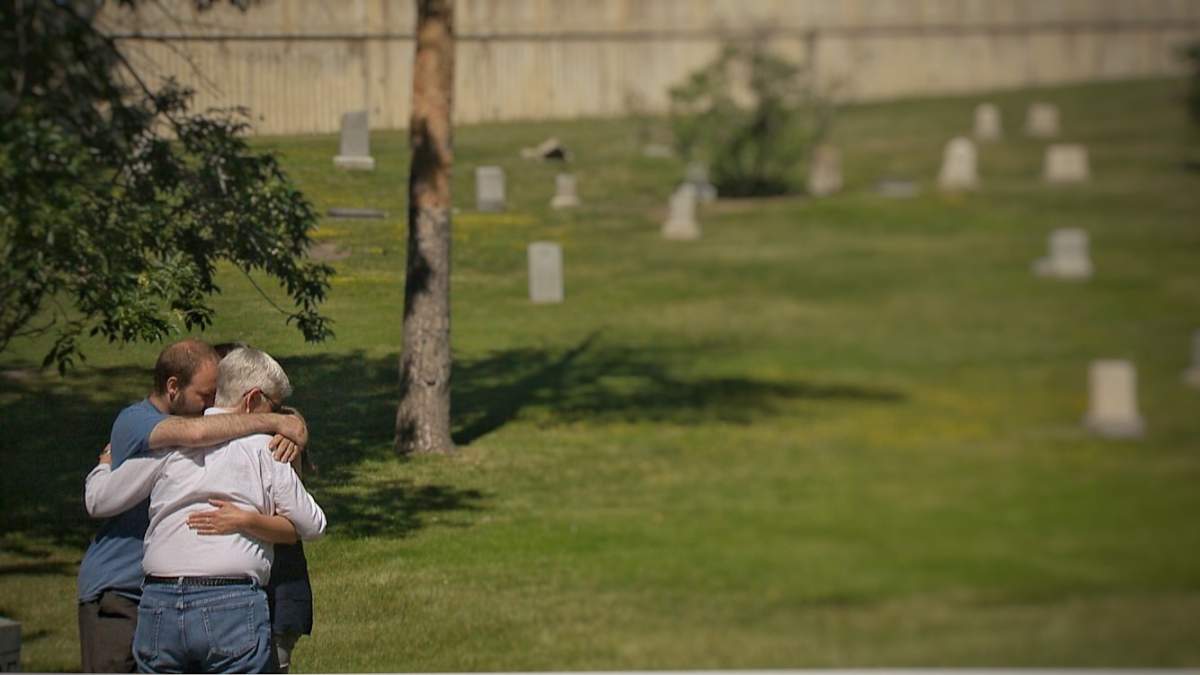





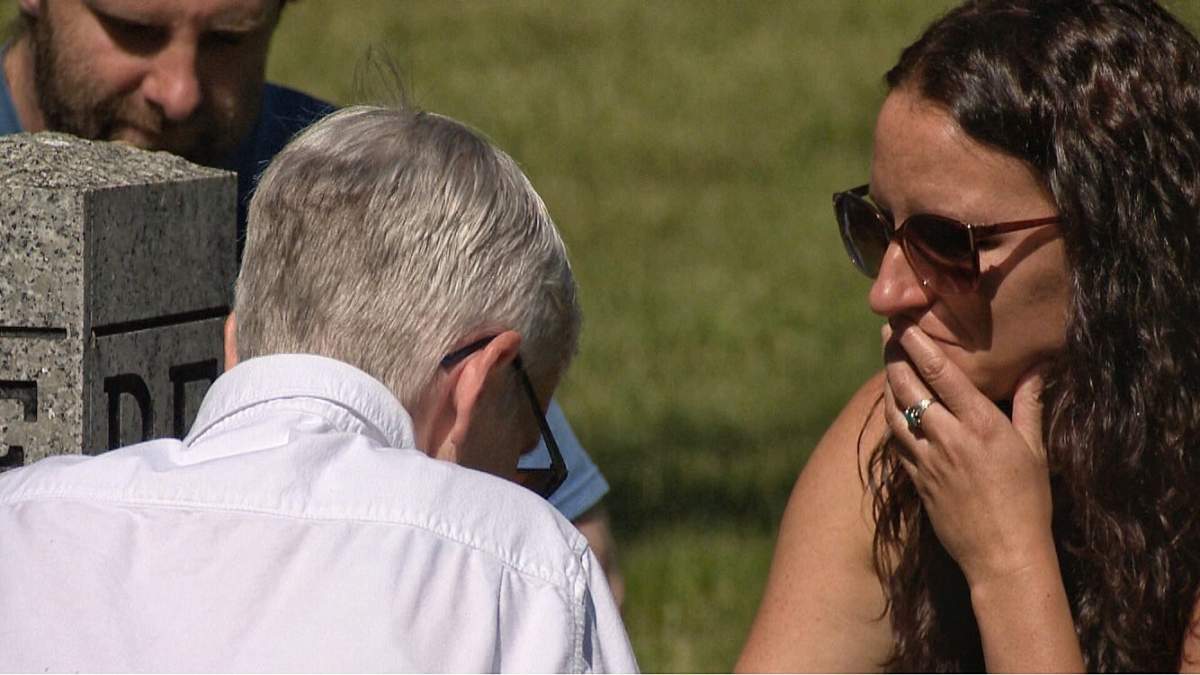

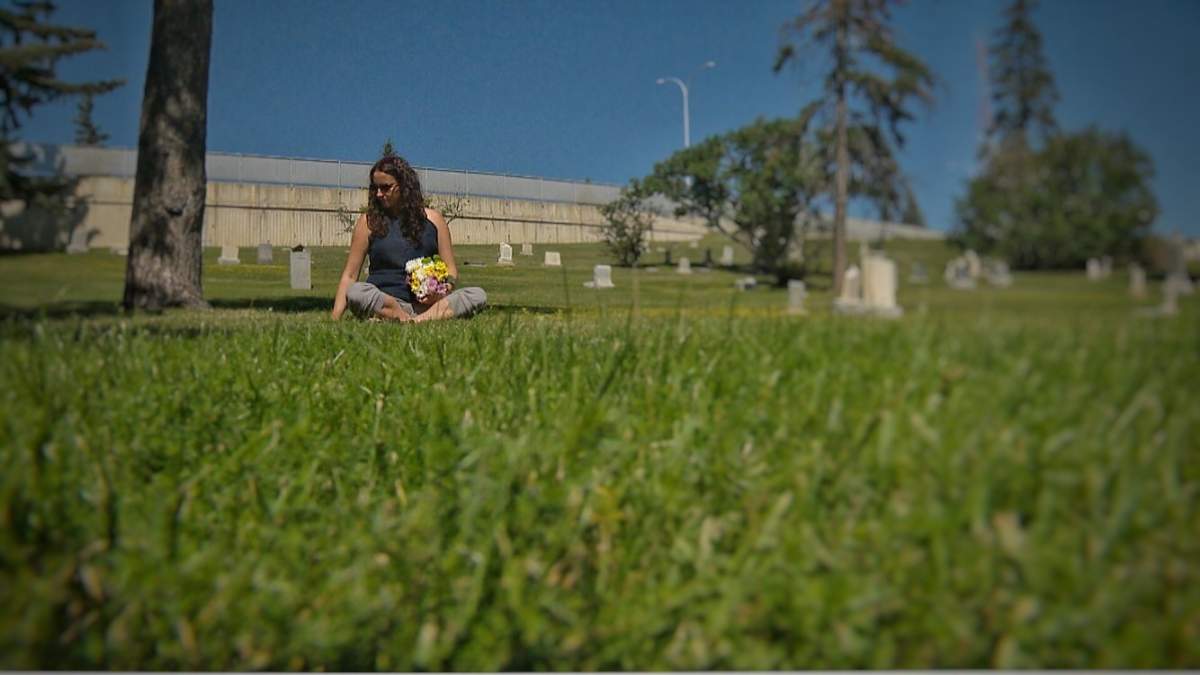

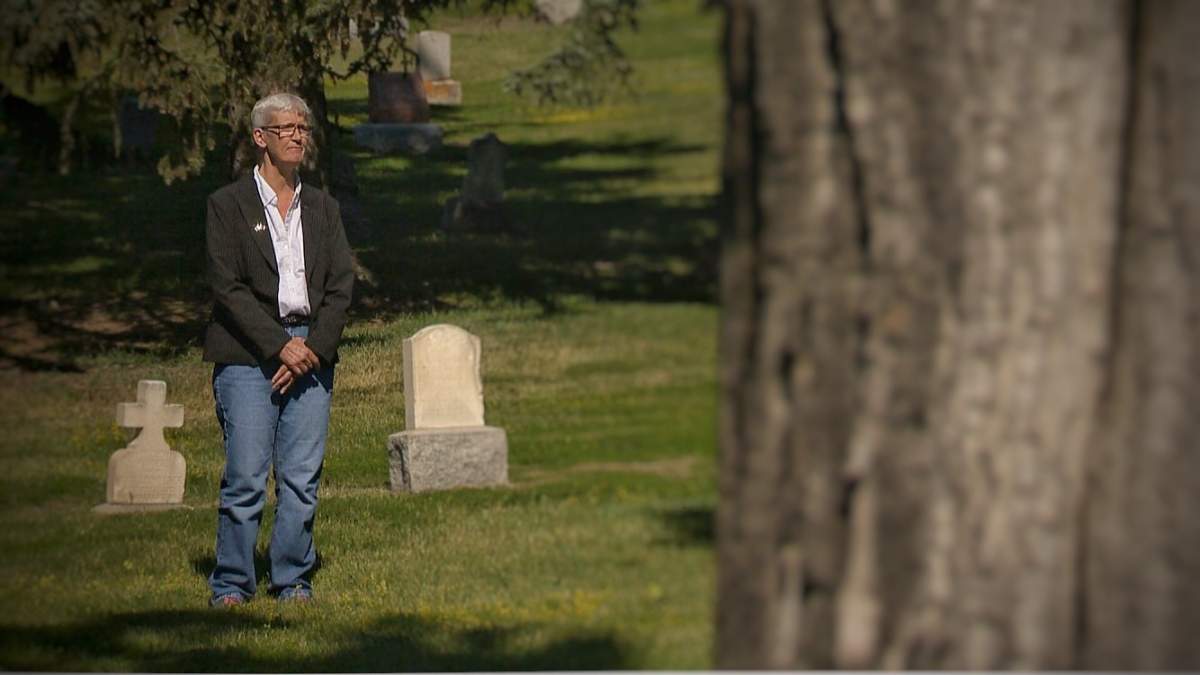

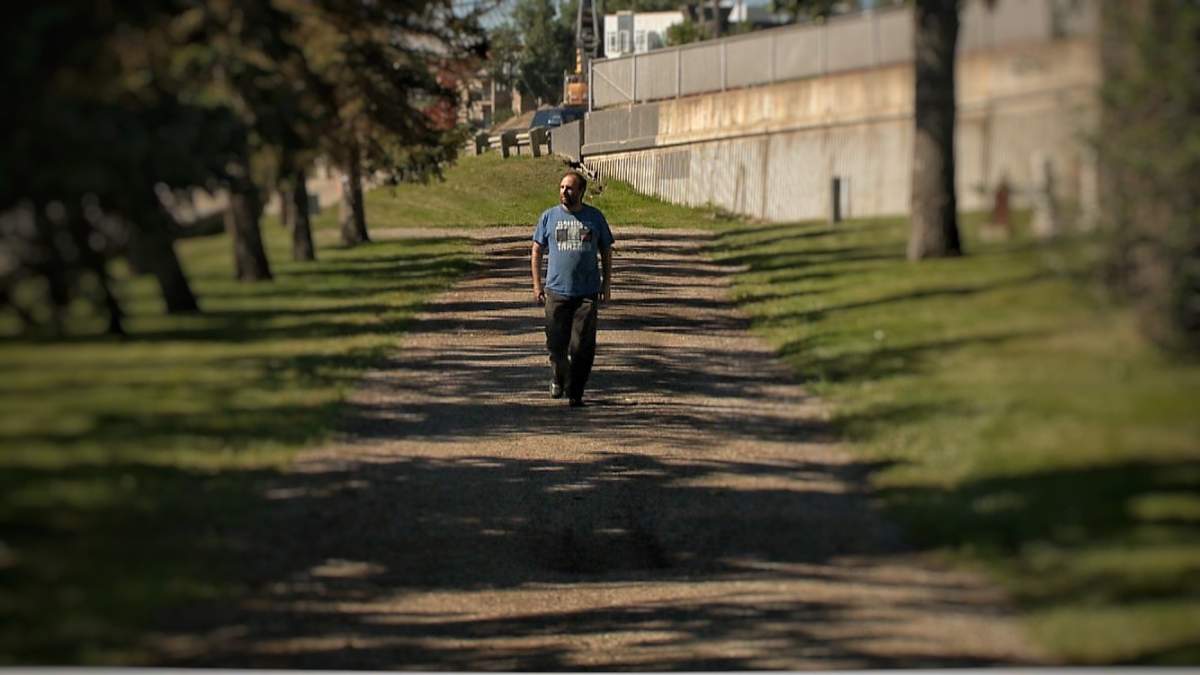

Comments
Want to discuss? Please read our Commenting Policy first.